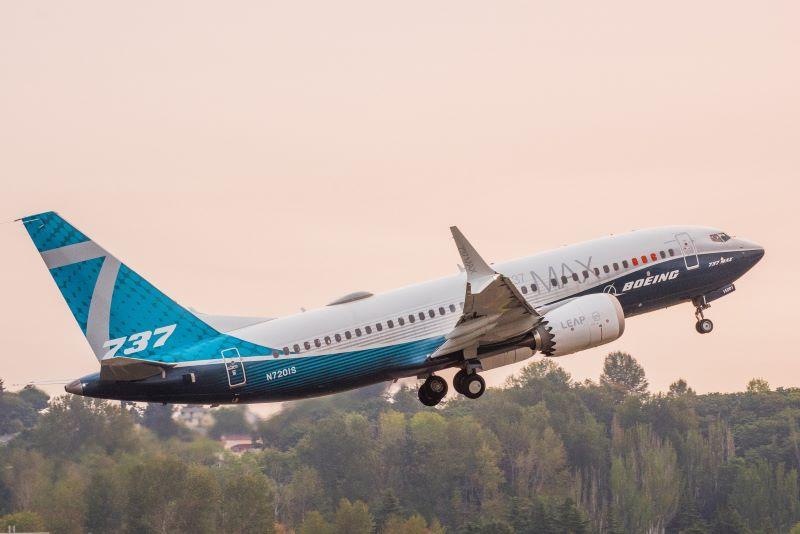
Credit: FAA
Flight testing on the 737-7 wrapped up in 2021, but Boeing has not completed its share of certification work on the aircraft, the company confirmed. Boeing revealed in a routine exemption filing to the FAA dated March 24 that the 737-7 is one of three aircraft programs “currently conducting amended...
Subscription Required
This content requires a subscription to one of the Aviation Week Intelligence Network (AWIN) bundles.
Schedule a demo today to find out how you can access this content and similar content related to your area of the global aviation industry.
Already an AWIN subscriber? Login
Did you know? Aviation Week has won top honors multiple times in the Jesse H. Neal National Business Journalism Awards, the business-to-business media equivalent of the Pulitzer Prizes.

